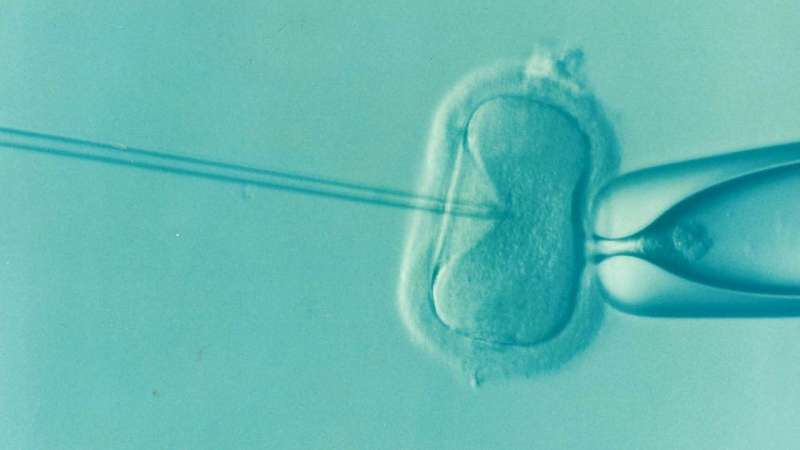Endometrial scratch of no value to first-time IVF patients in a large randomized trial

An add-on treatment commonly offered to patients in preparation for IVF has proved ineffective in a large-scale randomised trial of more than 1000 women. Those who had endometrial scratch before their first IVF treatment were found to be no more successful than a control group receiving routine treatment. Endometrial scratch is an adjuvant procedure in which the lining of the uterus is "injured" (usually by a small biopsy) in the hope of improving embryo implantation,
This UK Multicentre Endometrial Scratch Randomised Controlled Trial is the biggest and most powerful study of the add-on so far reported. The results, says chief investigator Mostafa Metwally from Sheffield Teaching Hospitals and the University of Sheffield, UK, "provide conclusive evidence" that endometrial scratch is not beneficial in women having IVF for the first time. "It is time to stop this practice," says Dr. Metwally, who will present the results online today at the 36th Annual Meeting of ESHRE.
Although some earlier studies have cast doubt on the efficacy of endometrial scratch, it is still commonly available and offered to IVF patients as an add-on treatment. This study, however, because of its size, design and homogeneous population, now leaves no doubt over its findings. The trial was performed at 16 UK centres during 2016 to 2019 and involved more than 1000 women under 37 years of age having their first cycle of IVF. They were randomised equally to endometrial scratch, or no scratch, with primary outcome of the study being a live birth.
Results showed that live birth rate in the intervention group was 38.6% and in the routine treatment group 37.1%, with no statistical difference whatsoever. Secondary outcomes of the trial assessed clinical pregnancy rate, embryo implantation rate and obstetric complications. Again, there were no differences in these secondary outcomes between the scratch and no-scratch groups—with clinical pregnancy rate 42.6% in the former, and 40.6% in the latter.
Dr. Metwally says the strength of the study lies in the homogeneous study population, which leaves results less open to bias. All the subjects were having their first cycle of IVF and were expected to be good responders to treatment. The scratch was performed in the mid-luteal phase of the cycle before their IVF began. The study was also powered to detect a 10% difference in outcome (a result considered to be practice-changing) but in these results the intervention was found to be of no value.
The study results come at a time when adjuvant treatments are under increasing scrutiny. A series of recent add-on reviews in one medical journal found that none of several with clinical, endometrial and laboratory applications had a strong enough evidence base for routine use. And in Britain none of those on an official traffic-light list of 11 add-ons (including endometrial scratching) is thought worthy of a green light. Yet the belief persists that a scratch to the lining of the uterus causes an environmental response likely to encourage embryo implantation.
Despite the similarly discouraging results of several earlier studies, Dr. Metwally notes that endometrial scratch remains widely offered in IVF clinics throughout the world. Indeed, a 2016 survey found that 83% of clinics in Australia, New Zealand and UK "are recommending endometrial scratching" to their IVF patients.
Dr. Metwally described these results as "very reliable for women having their first IVF cycle", a clearly defined study population and different from those in several earlier trials, some of which included patients with unsuccessful previous IVF treatments. "Our study is the largest and most conclusive study in women having first time IVF treatment," says Dr. Metwally, "and the findings conclusively indicate that the practice of performing scratch in this group should stop."

















